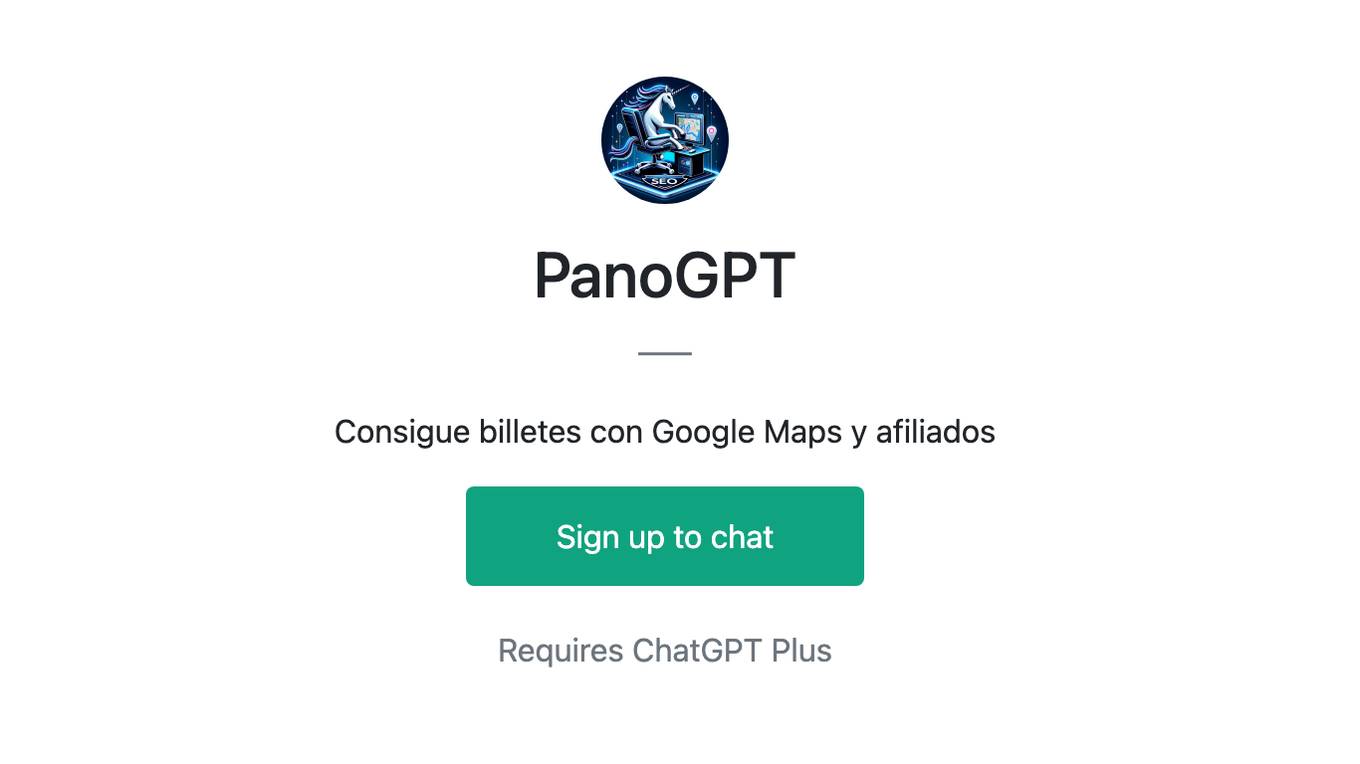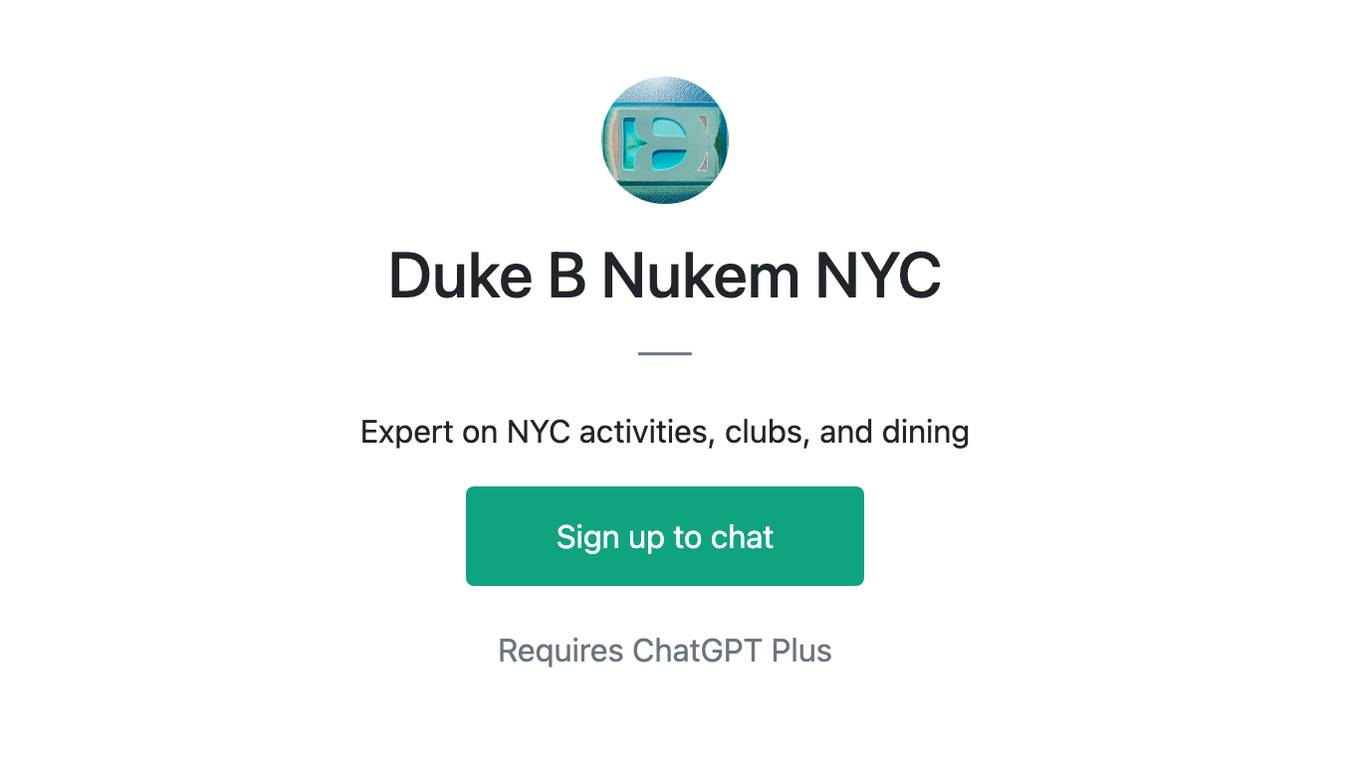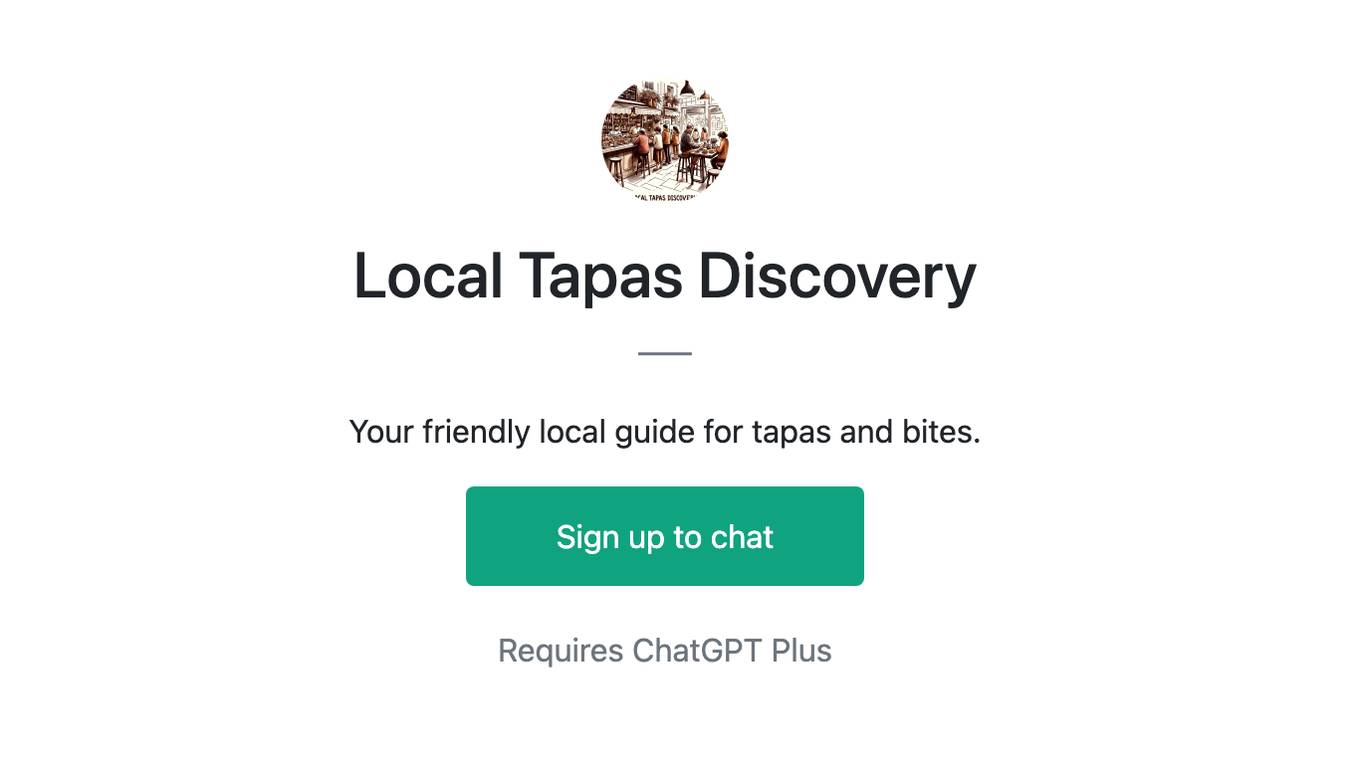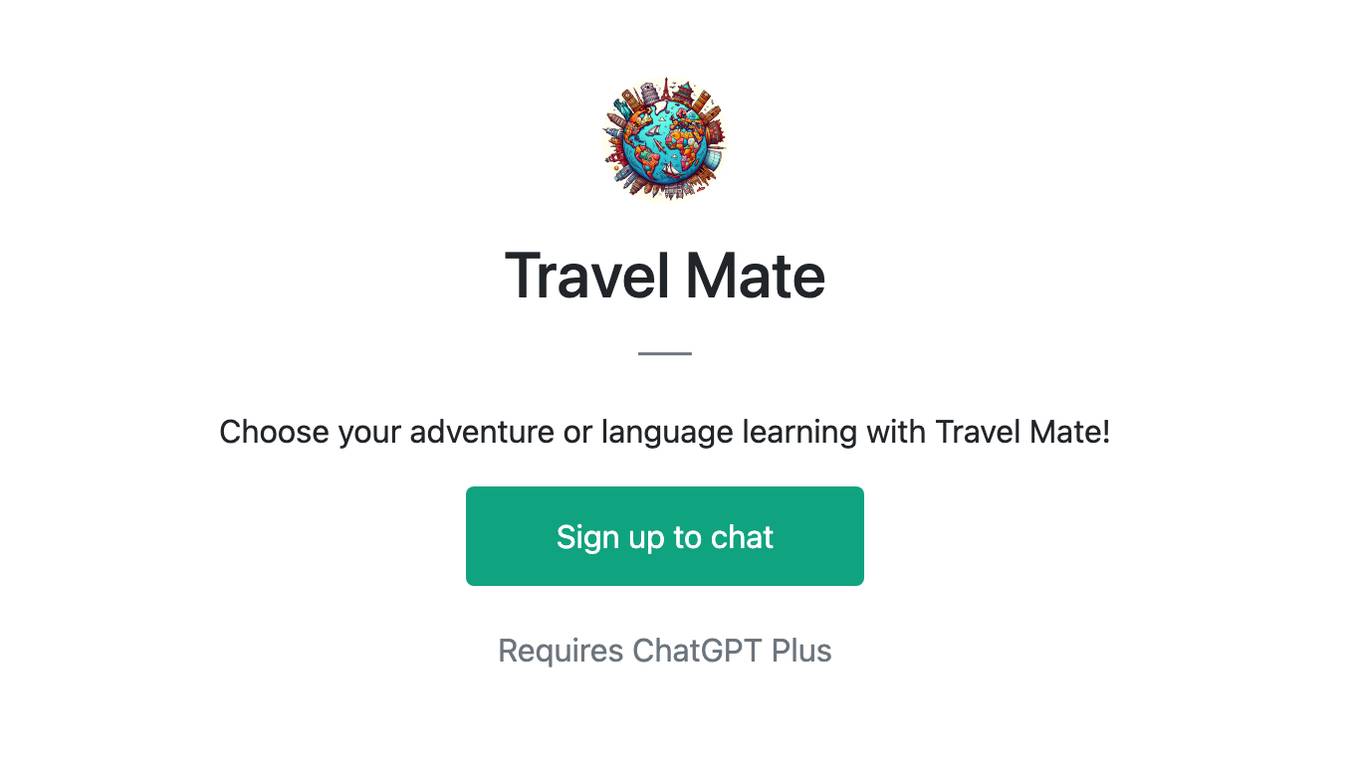Best AI tools for< Find Things To Do >
20 - AI tool Sites

Wanderboat AI
Wanderboat AI is an intelligent trip planner that helps users find restaurants, attractions, and events in minutes. By leveraging artificial intelligence, the application provides personalized recommendations based on user preferences and interests. Users can easily plan their trips, discover new places, and create memorable experiences with Wanderboat AI.

JourneyPlan
JourneyPlan is an AI-powered travel planning platform that creates personalized trip plans based on your interests, preferences, and budget. It uses cutting-edge AI technology to optimize every aspect of your trip, from activities and dining to transportation and accommodations. With JourneyPlan, you can rest assured that every detail of your trip has been carefully planned with you in mind. And the best part? It's completely free!

Nomadspot
Nomadspot is an intelligent travel planner application that simplifies the planning and organization of adventures. It allows users to organize trips with friends, create calendars, follow daily trip itineraries, share experiences, and use AI to create perfect trips.

PlanTripAI
PlanTripAI is an AI-powered trip planning tool that helps users create customized itineraries based on their interests, preferences, and budget. The tool uses a vast library of cities, guides, and itineraries to generate automated itineraries that can be previewed, downloaded, and shared. PlanTripAI offers a variety of trip preferences to choose from, including city exploration, cultural immersion, nature exploration, food discovery, nightlife, photography, luxury travel, relaxation, backpacking, experience seeking, and active travel. Users can also specify their budget and preferred transportation options. PlanTripAI's itineraries are fully owned by the user, including selling rights and copyright.
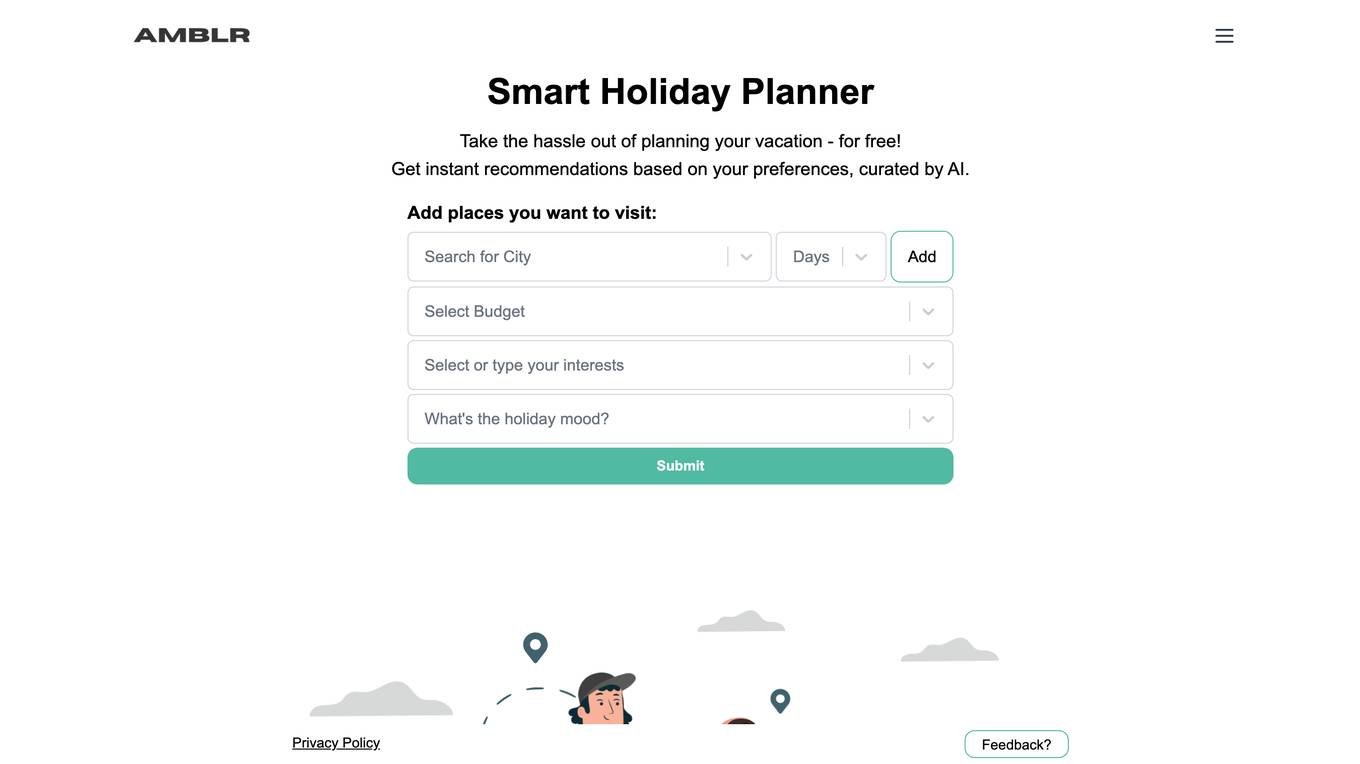
AMBLR
AMBLR is a free travel planner that uses AI to create personalized vacation recommendations based on your preferences. With AMBLR, you can easily find things to do in any city, add places you want to visit, select your budget, and choose your interests. AMBLR will then generate a customized itinerary for you, complete with suggested activities, restaurants, and accommodations.
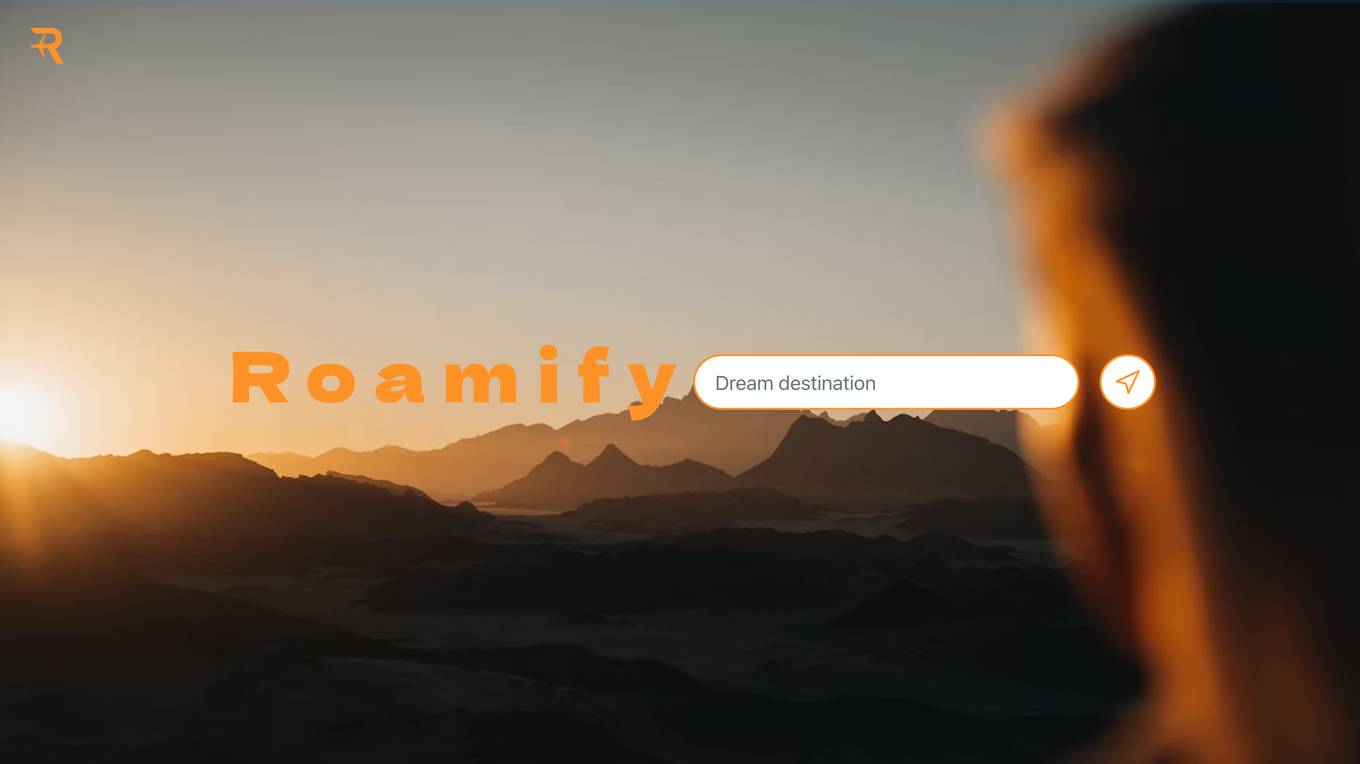
Roamify
Roamify is a free AI-powered travel itinerary planner that helps you create personalized and optimized travel plans. With Roamify, you can easily plan your trip, find the best deals on flights and accommodations, and get recommendations on things to do and see. Roamify's AI technology analyzes your preferences, travel style, and budget to create an itinerary that is tailored to your specific needs.
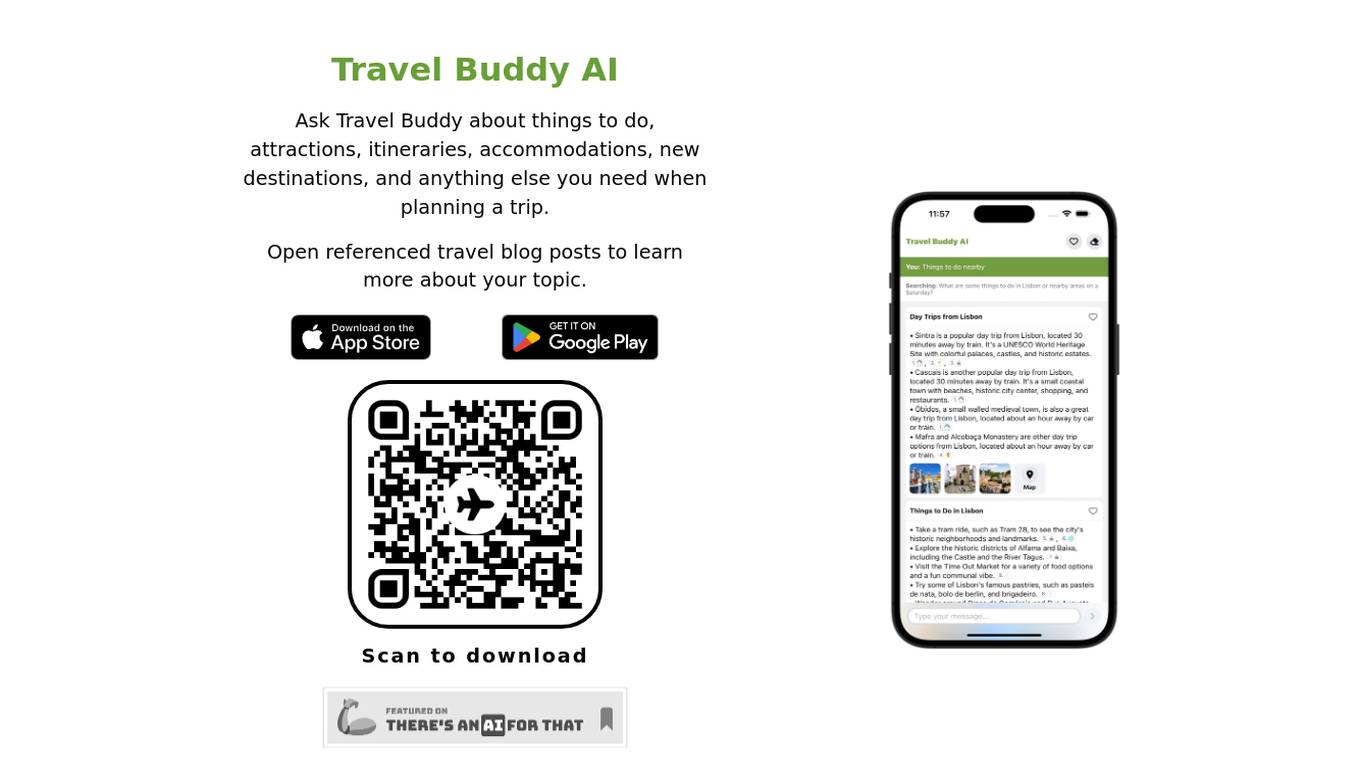
Travel Buddy AI
Travel Buddy AI is an AI-powered travel assistant that helps users plan their trips efficiently. It provides information on things to do, attractions, itineraries, accommodations, and new destinations. Users can also access referenced travel blog posts to learn more about specific topics. The tool aims to simplify the trip planning process and enhance the overall travel experience.

Lanceboard
Lanceboard is a cutting-edge freelance platform that leverages artificial intelligence to revolutionize the freelance industry. It serves as a hub for freelance professionals and clients to connect, collaborate, and complete projects efficiently. With advanced AI algorithms, Lanceboard offers personalized recommendations, streamlined project management, and secure transactions. The platform is designed to enhance productivity, creativity, and success for freelancers and businesses alike.
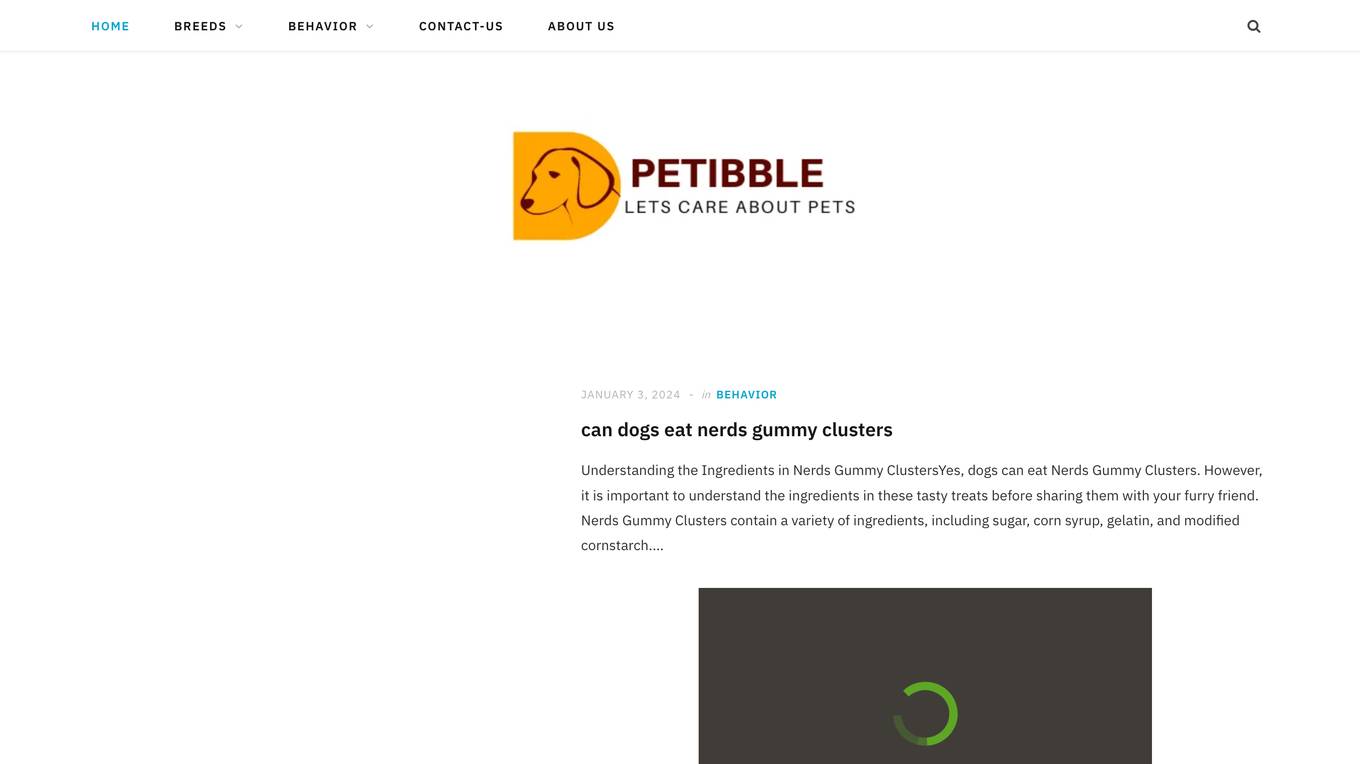
Petibble
Petibble is a website dedicated to providing information and resources for dog owners and enthusiasts. The platform covers various topics related to pets, including behavior, breeds, diseases, and training. Through articles and blog posts, Petibble aims to educate readers and help them enhance their understanding of dogs. The website serves as a valuable source of information for individuals looking to learn more about their canine companions.
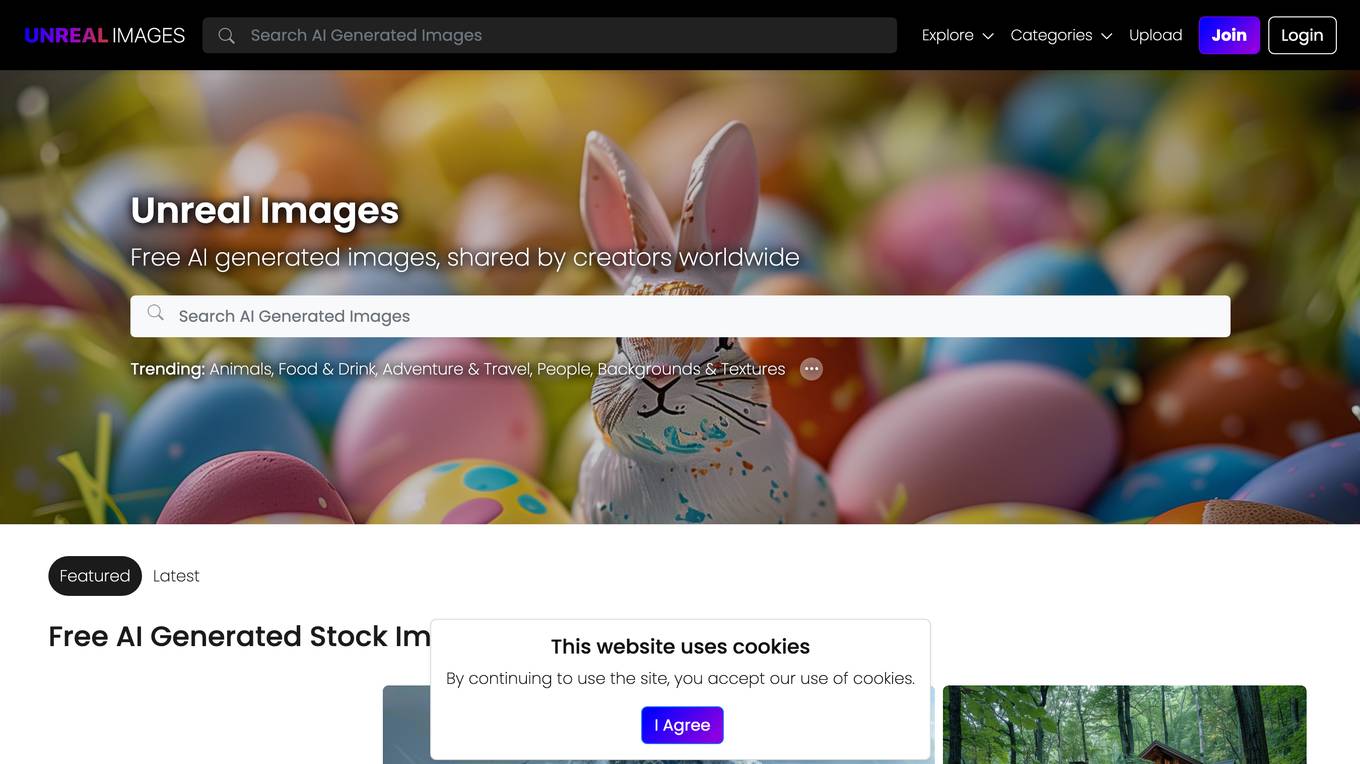
Unreal Images
Unreal Images is a website that provides free AI-generated images and photos. The images are shared by creators worldwide and can be used for a variety of purposes, including personal projects, commercial projects, and educational purposes. The website has a wide variety of images to choose from, including images of animals, people, places, and things. The images are high-quality and can be downloaded for free. The website also has a number of features that make it easy to find the images you need, including a search bar, a filter system, and a collection system.

Answerthis
Answerthis is an AI-powered Q&A platform that connects users with experts in various fields. It allows users to ask questions and receive personalized answers from a global community of experts. Answerthis covers a wide range of topics, including business, technology, science, health, and more. The platform is designed to be user-friendly and accessible, making it easy for anyone to find the information they need.
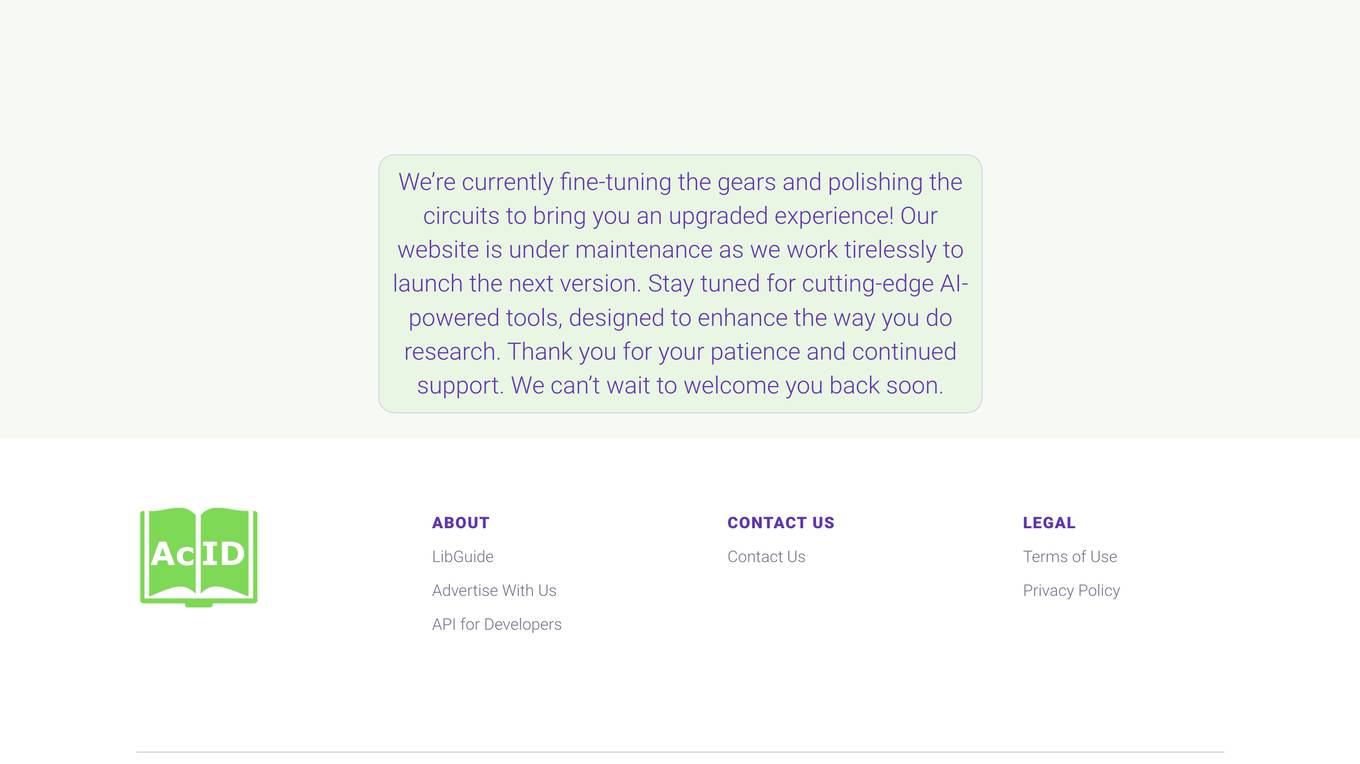
AcademicID
AcademicID is an AI-powered platform that helps students and researchers discover and access academic resources. It provides a comprehensive database of academic papers, journals, and other resources, as well as tools to help users organize and manage their research. AcademicID also offers a variety of features to help users collaborate with others and share their research findings.
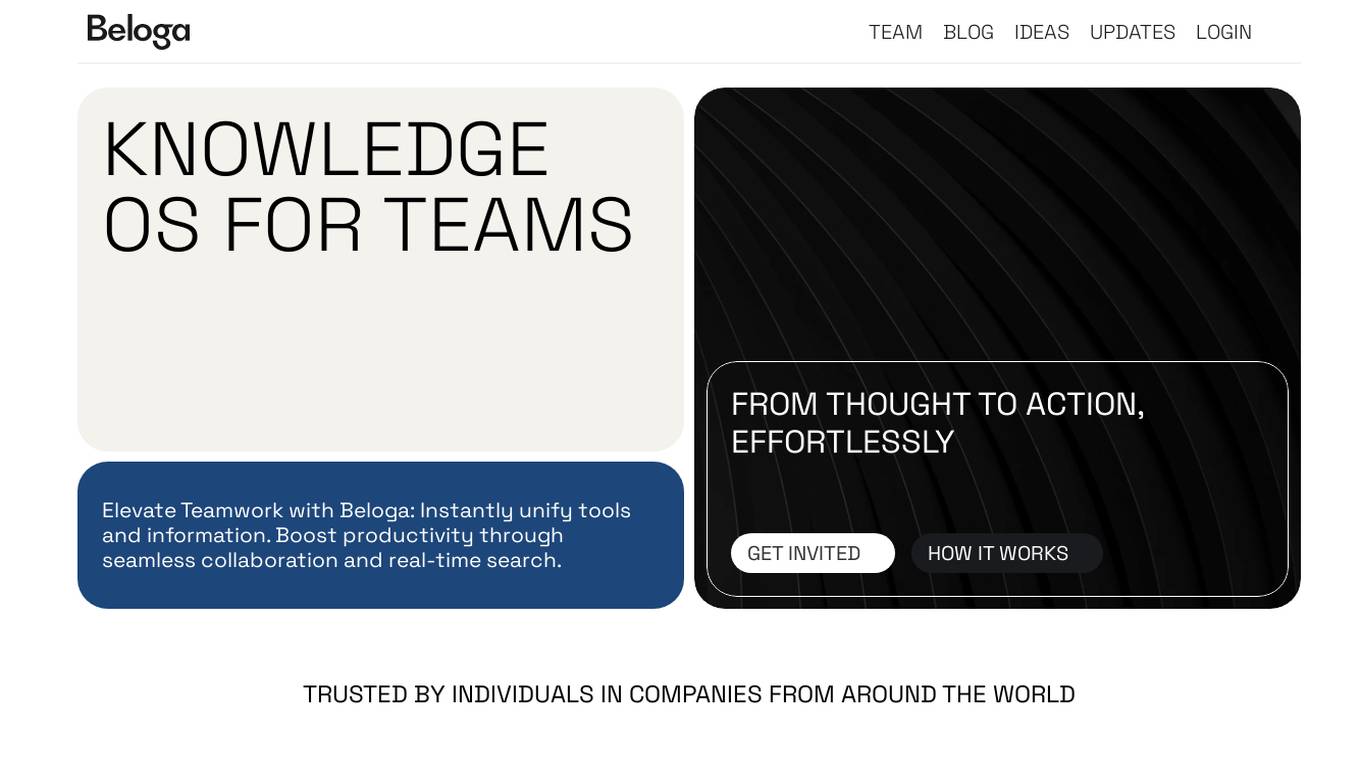
Beloga
Beloga is a knowledge operating system (OS) for teams that instantly unifies tools and information, boosting productivity through seamless collaboration and real-time search. It uses AI to deliver precise, actionable insights from team data, enabling quick, informed decision-making. Beloga streamlines team workflows into a single platform, eliminating app-switching and enhancing collaboration and efficiency. It also offers multi-source integration, allowing users to easily compare and integrate data from multiple sources, revealing hidden insights. Beloga's features include hyper-contextualized key insights, seamless integration, cross-referencing made easy, and instant access to the information you need.
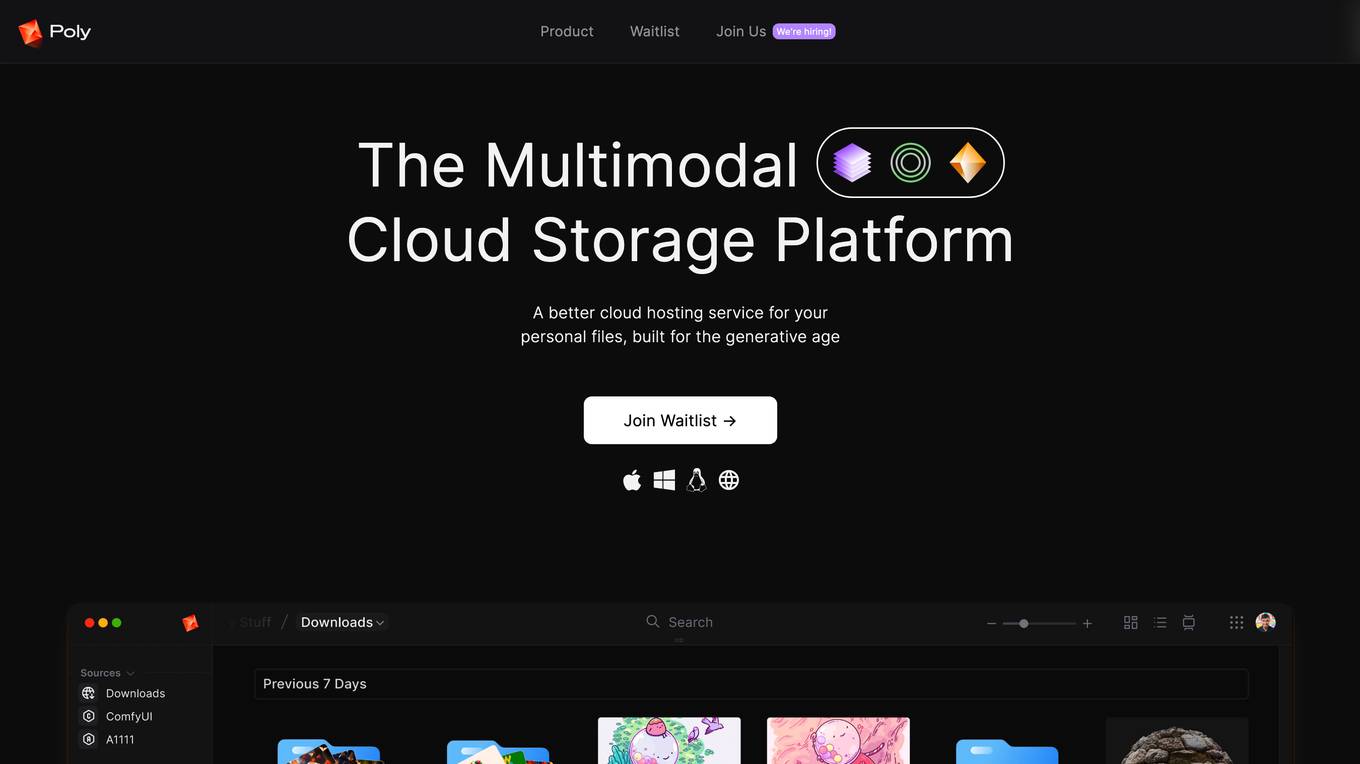
Poly
Poly is a next-generation intelligent cloud storage platform that is built for the generative age. It offers a better cloud hosting service for your personal files, with features such as AI-enabled multimodal search, customizable layouts, dynamic collections, and one-click asset conversion. Poly is also designed to support outputs from your preferred generative AI models, including Automatic1111, ComfyUI, DALL-E, and Midjourney. With Poly, you can browse, manage, and navigate all your media generated by AI, and seamlessly connect and auto-import your files from your favorite apps.

AI-PRO
AI-PRO.org is an artificial intelligence resource website that serves as the ultimate destination for learning and discovering all things AI. From the latest technologies and trends to expert insights and resources, users can find everything they need to maximize their AI knowledge and skills. Whether beginners or professionals, AI-PRO covers a wide range of AI topics, including image AI, AI chatbots, AI text generators, and much more, catering to a diverse audience seeking to enhance their understanding and proficiency in artificial intelligence.
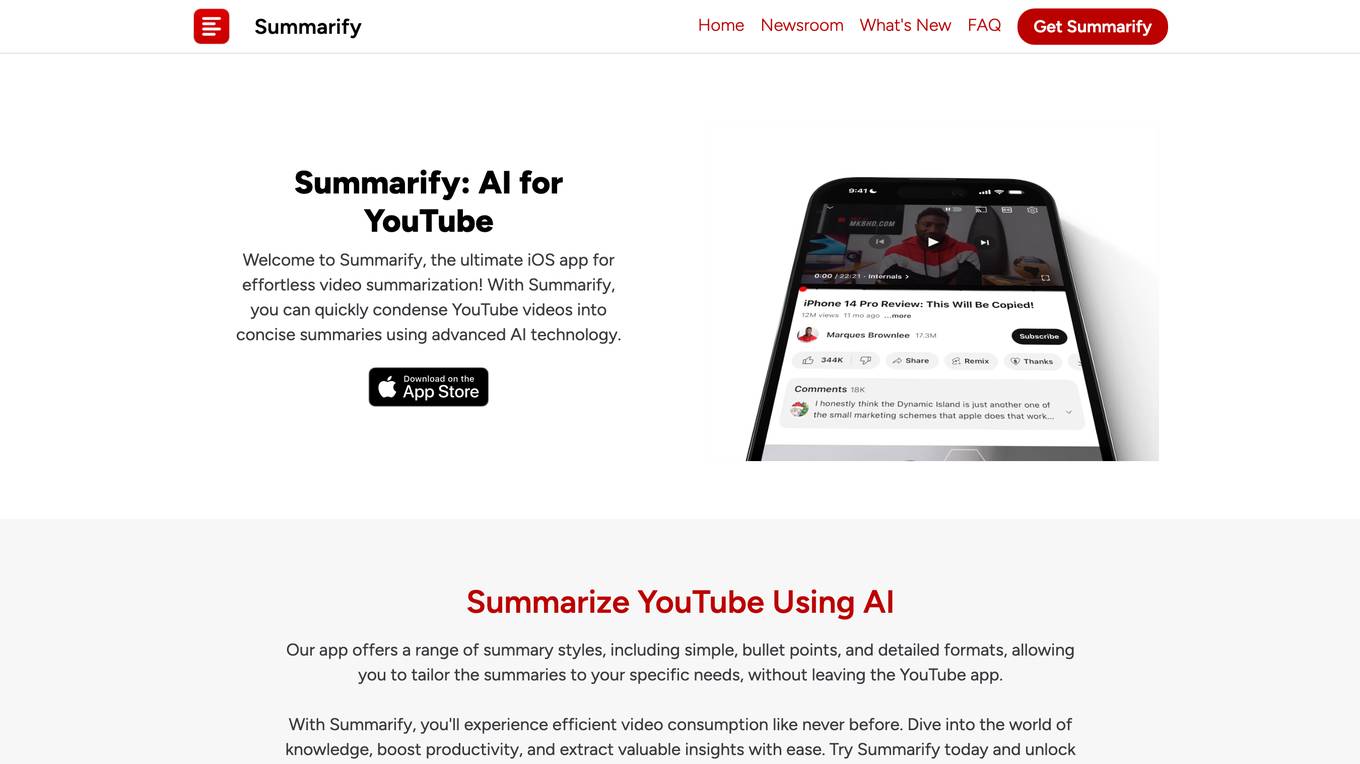
Summarify
Summarify is an iOS app that uses AI to summarize YouTube videos. It offers a range of summary styles, including simple, bullet points, and detailed formats, allowing users to tailor the summaries to their specific needs. Summarify also includes features such as video timestamps, chapter summaries, custom summaries, video searching, time savings tracker, and export summaries. The app is powered by ChatGPT and OpenAI, which ensures the accuracy and coherence of the summaries.

Wolfram|Alpha
Wolfram|Alpha is a computational knowledge engine that answers questions using data, algorithms, and artificial intelligence. It can perform calculations, generate graphs, and provide information on a wide range of topics, including mathematics, science, history, and culture. Wolfram|Alpha is used by students, researchers, and professionals around the world to solve problems, learn new things, and make informed decisions.
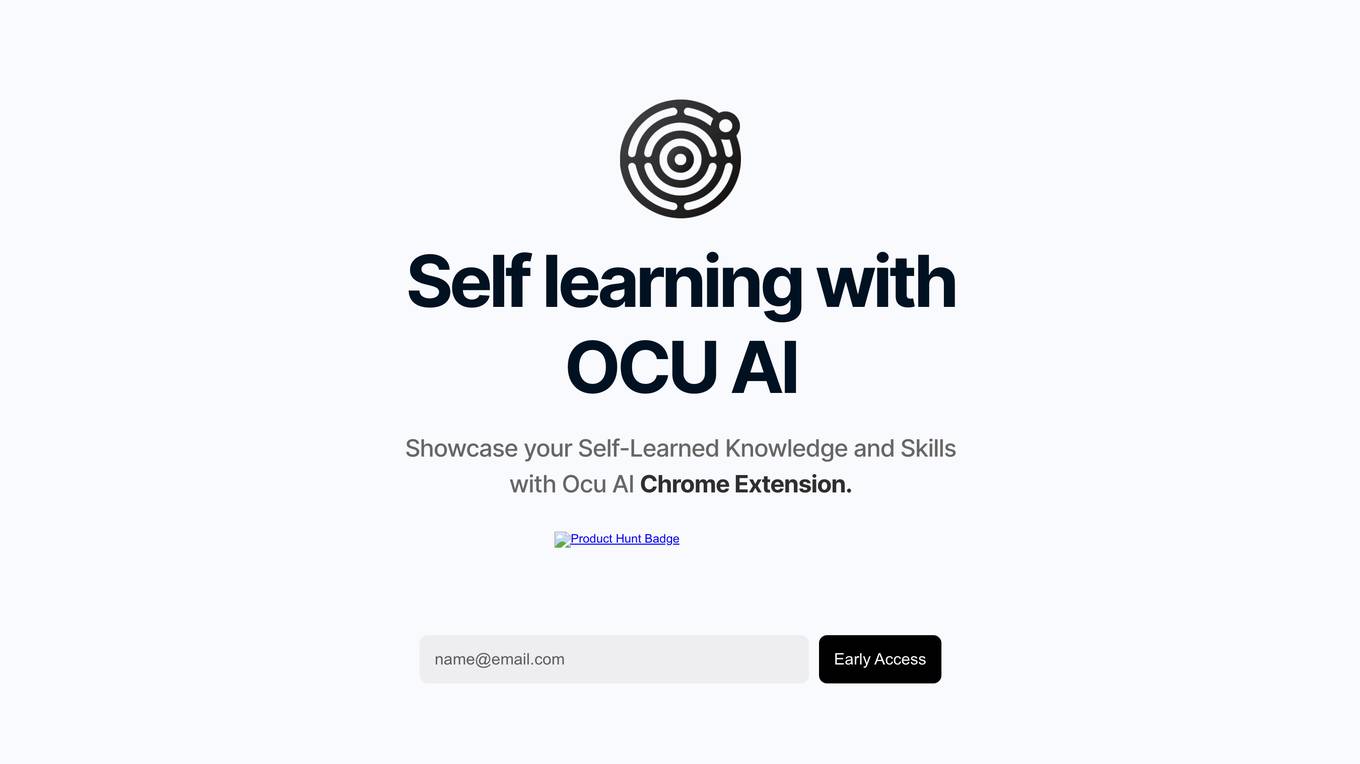
OCU AI
OCU AI is a self-learning tool that helps you track your learning, earn badges for consuming educational content, and share your skills with the world. With OCU AI, you can keep track of all the things you learn online, get recognized for your learning, and showcase your skills to potential employers or clients.
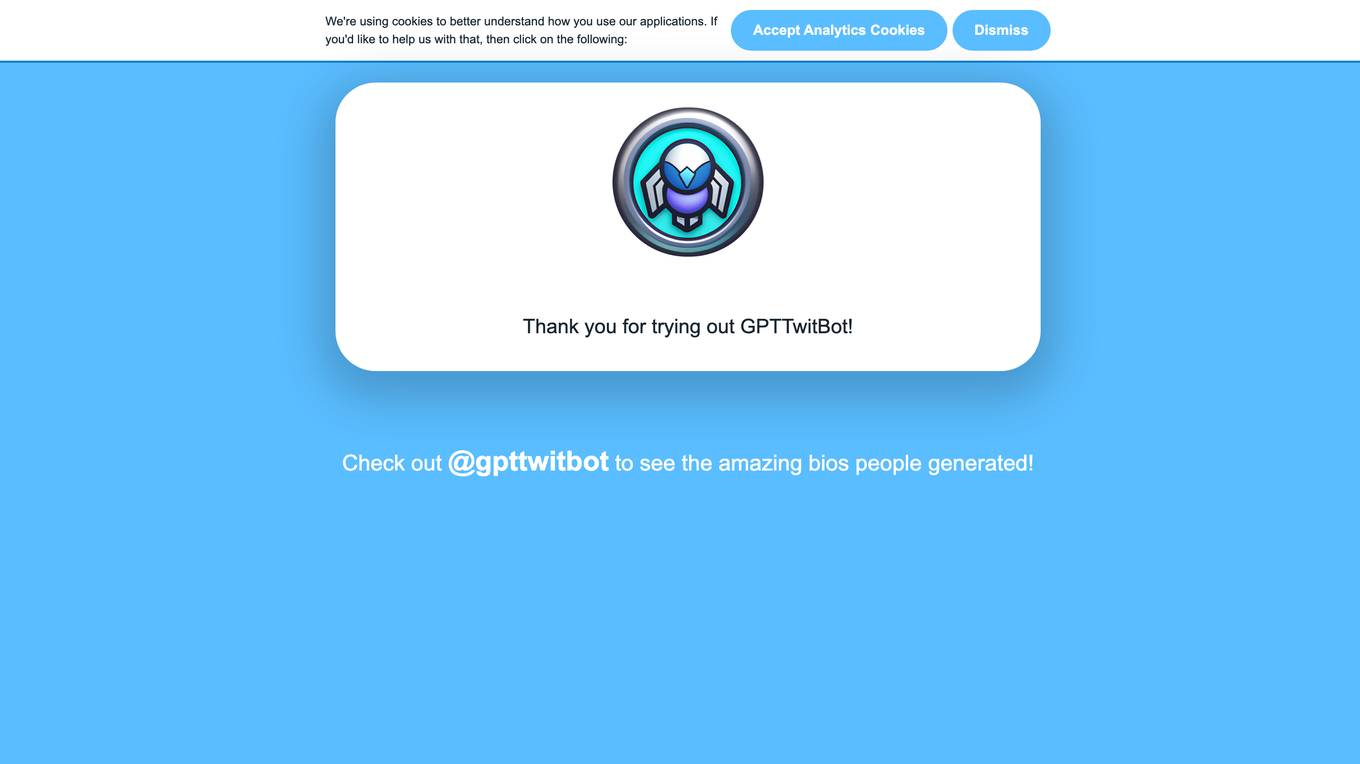
GPT Twitter Bot
GPT Twitter Bot is an AI tool that generates bios for Twitter profiles using GPT-3 technology. It utilizes natural language processing to create engaging and personalized bios for users. The tool aims to assist individuals in enhancing their Twitter profiles by providing unique and creative content. Users can simply input some information about themselves, and the bot will generate a bio based on that input. GPT Twitter Bot is designed to streamline the process of creating compelling Twitter bios, saving users time and effort.

AI Marketing Agency | Matrix Marketing Group
The AI Marketing Agency | Matrix Marketing Group is a global AI marketing agency that focuses on transforming complex omnichannel environments into streamlined powerhouses by embedding AI into the core of marketing strategies. The agency offers a wide range of AI-powered services and tools to help businesses achieve predictable, accelerated growth. With a strong emphasis on AI-native intelligence, the agency delivers cost-effective and rapid results through innovative marketing solutions.
0 - Open Source AI Tools
11 - OpenAI Gpts

Voyager | Organize & Budget your Trip ✈️🌴
Friendly AI travel companion for personalized trip planning.

Tour Guide Emma
I'm your friendly guide, for every place worldwide. Forget tour guide fees, embrace travels with ease and explore.

Singapore Explorer
A virtual guide to Singapore, offering personalized travel tips and information.
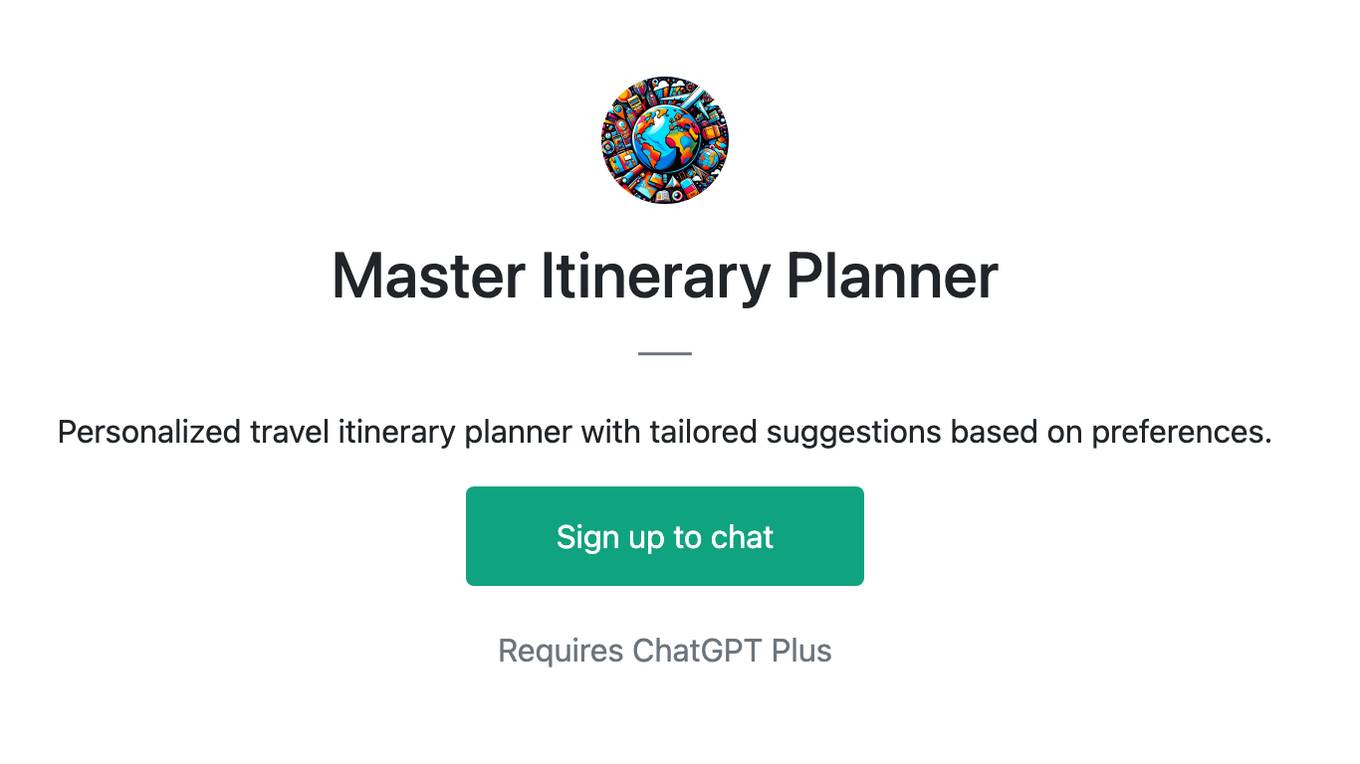
Master Itinerary Planner
Personalized travel itinerary planner with tailored suggestions based on preferences.
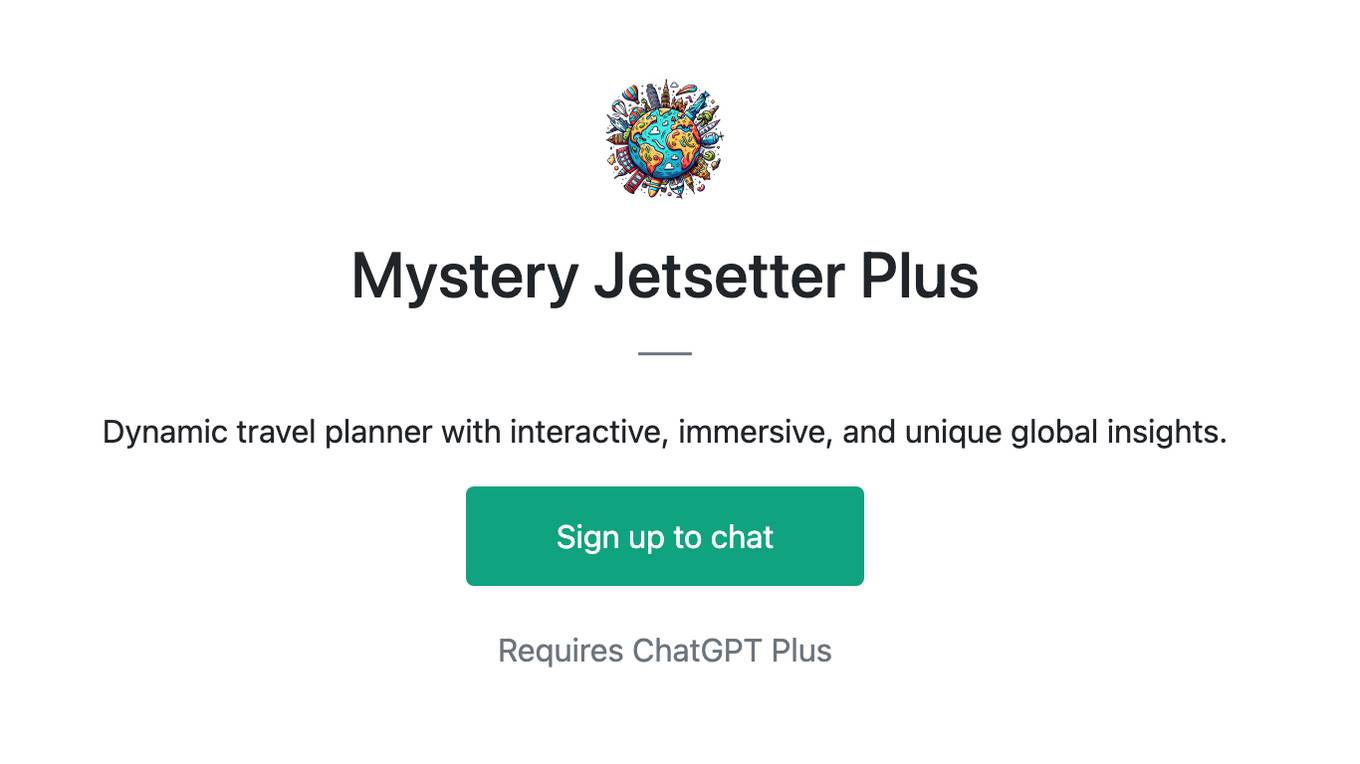
Mystery Jetsetter Plus
Dynamic travel planner with interactive, immersive, and unique global insights.

Find Things To Do & Events in Bangkok
Discover the best of Bangkok with our AI-powered guide! Personalized, up-to-date recommendations from trusted sources to enhance your Bangkok experience.

